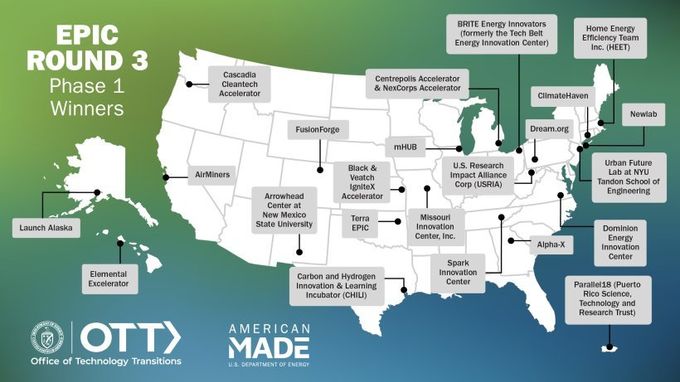Houston expert shares how to implement thought leadership into your B2B marketing
guest column
Did you know that 52 percent of decision-makers and 54 percent of C-level executives spend an hour or more per week reading thought leadership content? This is according to a recent Edelman and LinkedIn survey on thought leadership.
I often counsel my clients about the role of thought leadership in B2B marketing. Thought leadership remains a strategic approach that can set a company apart, establish credibility and a strong brand voice and position it as a trusted expert in its industry. But what exactly is thought leadership, and how can it support a B2B marketing strategy?
Why a thought leadership strategy matters
Thought leadership marks a commitment to provide value through insights beyond mere selling. It involves producing content and ideas that address the company's target audience's most pressing challenges and questions. This content helps position the company as a service partner, go-to resource and industry advisor.
Builds credibility and trust: Trust remains vital in a B2B context where longer sales cycles and purchasing decisions undergo scrutiny. Thought leadership lets a company demonstrate its expertise, solution-based thinking and value meaningfully to decision-makers. According to industry data, an estimated 75 percent of decision-makers say an organization's thought leadership content is more trustworthy for assessing its capabilities and competencies than its marketing and product sheets.
Differentiates from competitors: By sharing insights, a company can differentiate itself in a crowded market. Thought leadership helps companies stand out by proving their deep understanding of the customer's challenges and needs and the solutions available for more efficient and cost-effective operations.
Enhances brand awareness: Regular publication of insightful content, whether through blogs, webinars or white papers, can increase brand visibility and keep the company top of mind for customers and potential customers.
Supports sales efforts: Well-crafted thought leadership content can powerfully warm up leads. It provides sales teams with material that resonates with prospective customers' pain points and aspirations. According to the Edelman report, nine in 10 decision-makers and C-suite executives said that they are moderately or very likely to be receptive to sales or marketing outreach from a company that consistently produces high-quality thought leadership.
How to implement a thought leadership strategy
Identify key insights and topics: Start by understanding the questions and challenges the target audience faces. Use this insight to create content that addresses these issues, offers solutions or provides novel perspectives. Include strong research and data, and offer case studies or practical steps. Depending on where the audience spends its time, consider publishing on LinkedIn, industry blogs, podcasts or webinars.
Remember that consistency is key: Thought leadership isn't a one-and-done approach. Build an ongoing and consistent content program. Keeping to a schedule helps maintain audience engagement and reinforces the organization's position as an industry leader.
Measure and adapt: Like any marketing strategy, measuring the effectiveness of your thought leadership efforts remains critical. Setting clear objectives provides the foundation for defining success and measuring outcomes effectively. Metrics could include media coverage, website traffic, social media engagement and business development leads. Additionally, sales impact can be measured by actions such as first-time discovery calls and sales-qualified leads.
Thought leadership proves an invaluable strategy for B2B marketing. It aims to assert the expertise of a company and build meaningful connections with its audience. A business can establish a strong, credible brand that attracts and retains customers by providing valuable insights and solving real-world customer challenges through high-quality content.
------
Melanie Taplett provides communications and public relations services to the energy, manufacturing, technology, engineering and construction industries. Contact her at mtaplett@taplycom.com.
- University of Houston introduces institute to bring business solutions to health care industry ›
- Houston expert: How adopting business strategies in the education sector can improve results ›
- 6 tips for landing press coverage for Houston entrepreneurs, business owners ›
- Houston innovators find 'perfect storm' for fintech and marketing platform ›
- Key business marketing tips to take from top social media creators, according to these Houston researchers ›

 The DOE's OTT selections are nationwide. Photo via energy.gov
The DOE's OTT selections are nationwide. Photo via energy.gov